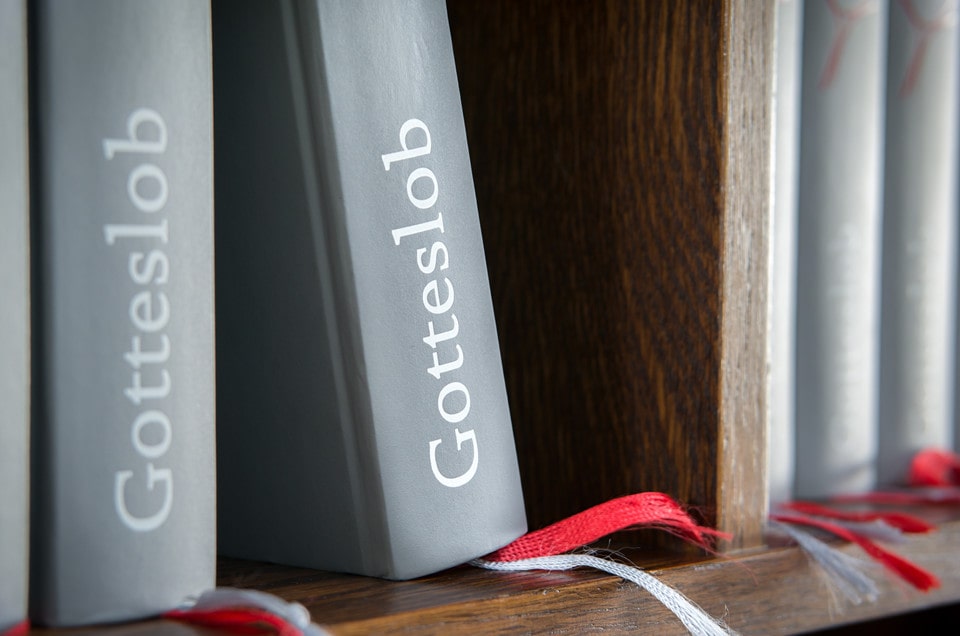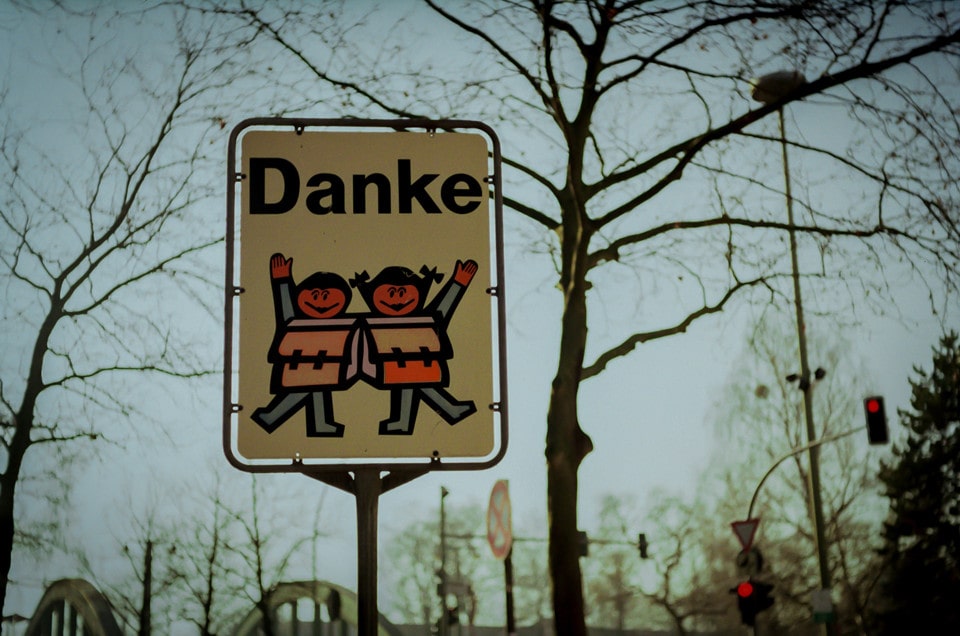Studying foreign languages can open the door to new ways of not only expressing yourself but also thinking. Every language includes certain nuances that help you understand and appreciate different cultures better.
Germany, for instance, is a country that places a great deal of value on manners. You’re welcome in German can be expressed in a number of ways depending on the situation. Let’s look at a few common ways in which you can say “You’re welcome” in German.
Formal Ways

If you’re looking to apply your language skills more practically, learning the nuances of formality in the German language is crucial. Expressing your gratitude or saying you’re welcome in German are arguably two of the most important sentiments of German etiquette.
Although you could probably say the same exists across the board when it comes to any language. Just goes to show you, politeness goes a long way. Here are some formal ways to receive gratitude in german.
1. Bitte schön or Bitte sehr
The term “Bitte” means “you’re welcome” in German, and to add emphasis to it, you can say “Bitte schön” or “Bitte sehr.” That is when you mean to say “you’re very welcome.”
Germans appreciate directness and a lack of pretentiousness, so try to save emphasis for when the situation warrants it. They are heavily formal phrases. This also goes for expressing your gratitude. Formality is great, but subtlety is the key to diplomacy in most European countries.
Other Meanings
The term “bitte” can also mean “please” or “excuse me” in another context. It’s a pretty versatile term that can be used in a number of ways.
The phrase “bitte schön,” although more popularly reserved for saying “you’re welcome,” can also mean “here you go” or the question “would you like some” if someone says it while offering you something.
For instance, say you’re having dinner with your German friends. They might say “bitte schön” as a way to ask if you would like some Streusel. Remember to say “Danke” to politely accept it.
Pronunciation
Bitte: “Bitt” + “eh”
Bitte schön: “Bitt” + “eh” + “shun”
2. Nichts Zu Danken/Gern Geschehen
“Nichts Zu Danken” is another formal response you should note down and save for the right moment. It means “nothing to thank for” or “no issues” as a modest response to a thank you. You use it when you do something minor for someone, such as passing the napkin at dinner, and they thank you for it.
If you went out of your way to do something for someone and they expressed strong gratitude, you should respond with “Gern Geschehen,” meaning “my pleasure.” Don’t use it unless what you did can be considered a favor. Wouldn’t it be weird to say “my pleasure” to someone for thanking you for simply opening the door?
Other Meanings
Fortunately, there aren’t any other meanings for which the phrase is popularly used, so you can use it confidently.
Pronunciation
Nichts Zu Danken: “Nish” + “Su” + “Danken”
Gern Geschehen: “Gyan” + “Ge” + “Sheen”
Less Formal Ways

There are some German pleasantries for the phrase “you’re welcome” that you can use when making new friends outside of work or at college as it can help you make inroads with social networks faster.
Germans are pretty easygoing with manners when it comes to casual settings. But as a stranger, the best way to make an impression is to express politeness anyway. It sets you apart. If it’s a casual setting though, remember to keep it light.
3. Kein Problem/Scon Gut
As you might have already guessed, “kein problem” is the German version of “no problem.” It’s quick and simple and gets the job done for regular, day-to-day conversations. You can use it in a formal setting, although the words listed earlier are better suited there, but “kein problem” is best reserved for informal situations.
Here’s an example.
“Can I borrow some change for the vending machine?”
“Sure.”
“Danke.”
“Kein Problem, you don’t have to pay it back.”
It’s the best way to be polite without coming on too strong.
“Scon Gut” means “that’s alright” or “it’s nothing” and is more of a response to an apology. But it also indicates that you don’t have a problem. You’re cool with it.
Other Meanings
“Kein Problem” can also be used as a response to a remark that may have been rude or insulting. It’s a way to say “no offense taken” to ease the nerves of your new German friends if they’re worried they might have accidentally said something upsetting.
Pronunciation
Kein Problem: “Kein” + “Problem”
It’s pronounced the way it’s spelled. Easy right?
Schon Gut: “Shon” + “Goot” (don’t stretch the “oo” part, it’s short)
4. Dafür Nicht
Dafür nicht is the German colloquial version of “there’s nothing to thank me for.” In English, it literally translates to “not for this,” but when used in the context of a good friend thanking you for a favor, it’s basically rejecting their thank you but in a sporty, friendly way.
You use it in situations where you’ve done someone a favor, but it was either of no great burden to you or just your pleasure to help them out. So you’re trying to express that the formality of saying “thank you” isn’t needed. Pretty neat for upgrading from strangers to friends.
Other Meanings
In a completely separate context, the term “Dafür Nicht” can be used to indicate that you’re not in favor of something or don’t need something. If someone is trying to sell you something you don’t require, you can use the term “Dafür Nich” to politely but straightforwardly indicate that you aren’t interested.
Pronunciation
Dafür Nicht: “Dafu” + “Nisht”
A Few Parting Words
Learning new ways to express yourself has its many perks, the topmost being likability. If you’re visiting Germany from another country, showcasing your understanding of German nuances can really help you build lasting impressions and make new friends quickly.
Even something as simple as learning you’re welcome in German could be your saving grace in a conversation you might be struggling with because of the language barrier.










